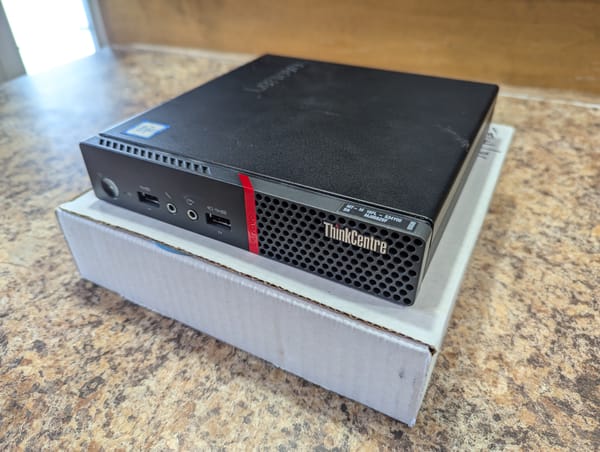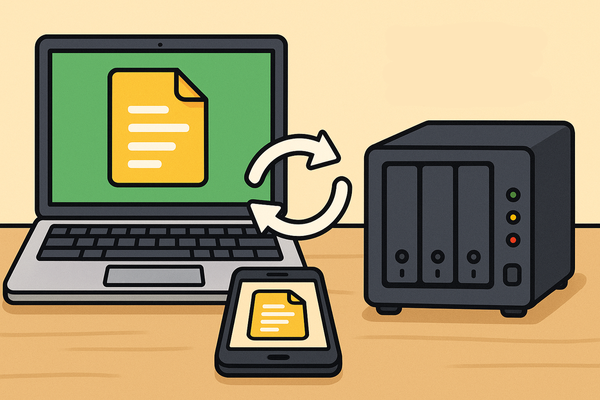
Blocking Digital Ads, as a Digital Ad Manager
I've been working in marketing and advertising for somewhere around 15 years now, with the last 10 or so being focused on pay-per-click advertising. Google ads, Facebook ads, a few industry platforms you've never heard of and one time even Bing! I also wish I could







